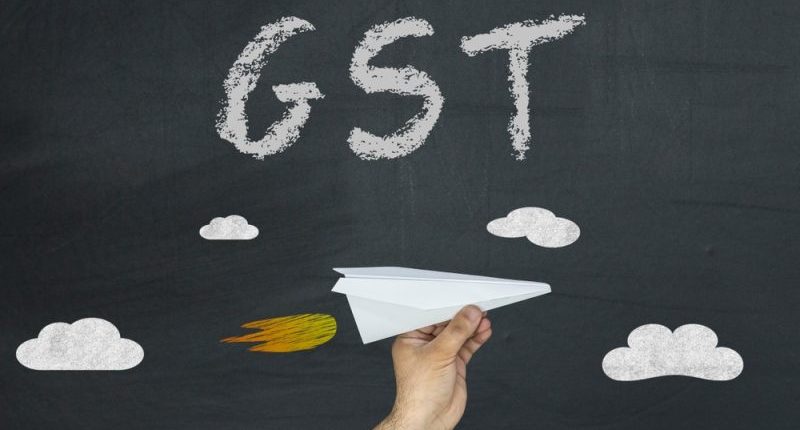The CBIC has notified on 1st June 2021 to implement the GST amnesty scheme for the second time. It applies to pending GSTR-3B returns of previous tax periods between July 2017 and April 2021. GST amnesty scheme was first notified to cover periods from July 2017 up to September 2018, giving an extended time limit to file on or before 31st March 2019.
As per CBIC’s latest Central Tax notification number 19 dated 1st June 2021, the new GST amnesty scheme will apply from 1st June 2021 to 31st August 2021. Any taxpayer who could not file GSTR-3B for tax periods ranging from July 2017 till April 2021 before the due dates can now do so within the above-notified timeline. These taxpayers will get a concession in the late fee payable.
The maximum late fee has been restricted to Rs.1,000 for GSTR-3B with tax liability, other than a nil GSTR-3B filing. In contrast, the maximum late fee for a nil GSTR-3B is fixed at Rs.500 per return. In other words, the late fee to be charged to a taxpayer for one return will be lower of two amounts. Firstly, the total late fee is calculated as per the Act for every day of delay. Secondly, the maximum late fee is mentioned in this notification.
It should also be noted that taxpayers cannot file a particular tax period’s GSTR-3B without filing the previous ones. Moreover, if GSTR-3B is not filed for three consecutive tax periods, GST registration can be cancelled. It can impact the business of such taxpayers as clients or other GST registered customers may refrain from dealing with them.
Several industries and tax professionals requested to reopen the GST amnesty scheme for several months, especially when the pandemic broke out in early 2020. The taxpayers will benefit from the provision that they will not pay hefty late fees, otherwise deterring them from filing any pending return. It will allow those taxpayers who could not file earlier returns. Such taxpayers were kept busy restoring their business, severely affected by lockdowns and weak economic conditions due to the pandemic.
While the government has notified the new GST amnesty scheme, certain tax professionals and GST experts question the non-admissibility of Input Tax Credit (ITC) under the GST amnesty scheme. It is being argued that the amnesty scheme allows tax payment pending for previous periods. In contrast, it is silent about whether one can claim ITC in the same return of that financial year.
Admissibility of ITC under the scheme is a valid and genuine concern put forth by these experts and professionals. The CGST Act lays down the time limit to claim ITC. The ITC on a tax invoice or debit note raised in a financial year can be claimed by the earlier of two dates. Firstly, it is the due date of filing GSTR-3B for September of the year following the financial year. Secondly, it is the date of filing the annual return.
As per the arguments made, the government has extended the time limit to file GSTR-3B of previous tax periods. However, it has not extended the time limit for claiming ITC of the past tax periods. Due to this, it legally disallows a taxpayer from reporting ITC while filing GSTR-3B of the past tax period under the amnesty scheme. The taxpayers must be given the full advantage of the scheme by looking into this aspect as well. Hence, the government must suitably take note of this anomaly and correct the legal gap at the earliest.
For any clarifications/feedback on the topic, please contact the writer at annapoorna.m@cleartax.in
Annapoorna, popularly known as Anna, is an aspiring Chartered Accountant with a flair for GST. She spends most of her day Singing hymns to the tune of jee-es-tee! Well, not most of her day, just now and then.





